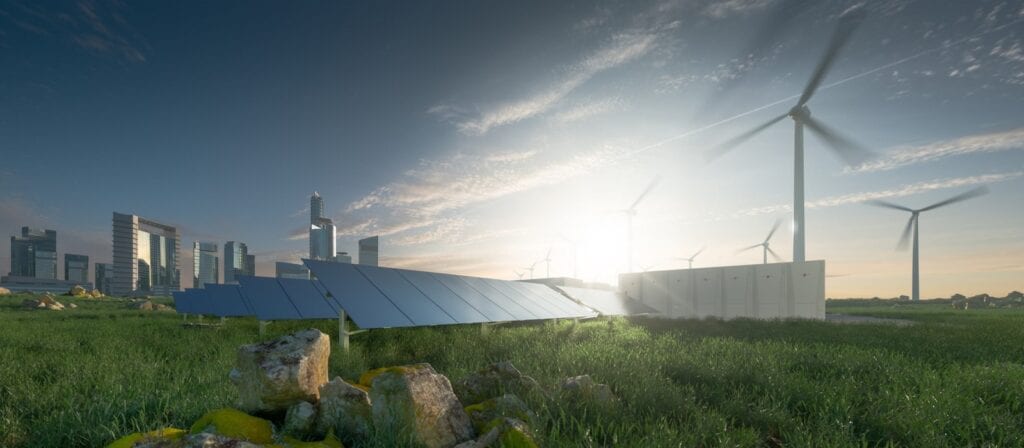ICMIF member Co-op Insurance (UK) is marking a sustainability milestone of 15 years of offsetting CO2 car emissions – over one million tonnes – at the same time as Co-op Group unveils an ambitious new climate change action plan which will see it achieve net zero status by 2040, 10 years ahead of the Government’s own ambition.
The plan, released earlier this year (5 May), sets out targets, endorsed by the Science Based Targets initiative (SBTi), to cap global temperature increases and meet the goals of the Paris Agreement, which came into force in 2016 and created a global pact of almost 200 parties to tackle climate change.
Every customer who purchases vehicle cover directly through Co-op Insurance will see 10% of their motor carbon emissions offset through carbon mitigation schemes across the world for the first year of their policy. This is at no extra cost and includes rainforest protection projects in Sierra Leone, provision of safe drinking water in Kenya and stoves that use less fuel in India, Ghana and Kenya.
In 2006, its ‘Ecoinsurance’ product was the UK’s first car insurance policy to include carbon offsetting as part of its cover with customers having offset more than one million tonnes of CO2 to date.
Co-op Insurance supports the provision of cookstoves in Ghana that are up to 50% more efficient. This cuts fuel requirements, frees up time and reduces CO2 emissions. The cookstoves replace less efficient cooking methods such as open-burning of wood, coal or animal dung which cause more indoor pollution and release more greenhouse gases such as carbon dioxide and methane, as well as contributing to deforestation through the demand of wood for charcoal fuel.
Co-op Insurance also works with approved repairers to use recycled parts to keep vehicles repairable where possible.
The projects the Co-op invests in are independently audited and verified to internationally agreed standards.
Charles Offord, Managing Director of Co-op Insurance, said: “When it comes to reversing the impending climate catastrophe, we are at a crucial tipping point that global businesses and world leaders cannot ignore. Whilst Co-op Insurance has been offsetting CO2 car emissions since 2006, we know there is so much more to be done not just to offset, but to drive down carbon emissions. We are pleased to be working as one Co-op and playing a central role in delivering the Groups’ pledge to help tackle what is surely the biggest challenge of our generation.”
Co-op’s Ten-Point Climate Plan:
- Make long-term changes to how we do business – We will be a net zero business by 2040, for both our operations and for our products.
- Set clear short-term milestones – We will reduce the impact of our operations by 50% and our products by 11%, both by 2025, in line with climate science.
- Rapidly reduce carbon from our operations and products – We will take clear, practical steps to reduce carbon from running our business and the products we sell, reporting progress publicly.
- Compensate for our climate impact – We will take responsibility for our ongoing emissions – our operations will be carbon neutral from 2021 and our own brand products by 2025.
- Make lower carbon choices easier for customers – We’ll support our customers and members to move to lower carbon lifestyles, starting by price matching between our Co-op own-brand plant-based and meat or dairy-based equivalent.
- Direct finance towards reducing carbon – We will align our finance, including carbon offsets and pension funds, to support lower carbon investments.
- Help suppliers on the climate change front line – We’ll support farmers, producers and communities to transition fairly to a low carbon future.
- Campaign for climate action – We will be advocating with Government to press for the necessary systemic change, including a call for greater climate impact disclosure and support for the most vulnerable.
- Co-operate for change at scale – We will actively work together across our sectors, sharing our plans and solutions, seeking to align rather than compete.
- Make our climate plan a priority – Underpinning these goals, we are linking the pay of our Food CEO to achieving our carbon reduction targets.






